Cultivation techniques that use mulching films are widespread all over the world due to their significant advantages for yields and quality. To better understand which are the characteristics that make crops managed with this techniques more efficient, FreshPlaza talked to Marco Cascone, CEO and R&D director of Agriplast, a producer of plastic films for agriculture since 1975. Cascone illustrated the advantages and characteristics of mulching films.
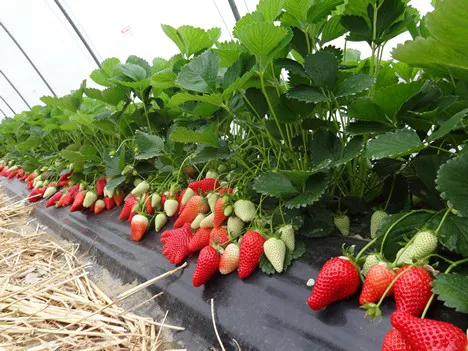
"The main objective of a mulching film is to modify the soil conditions where the root system develops. To make sure the root systems forms and grows correctly, choosing a mulching film suitable for the type of crop and climatic conditions is essential. In addition to the effects on the soil, some mulching films also have other advantages: for example, there are mulching films with reflecting surfaces that stimulate plant photosynthesis and capable of heating the soil or keeping it cool. Of course it all depends on the intrinsic characteristics of the various mulching films," explained the CEO.
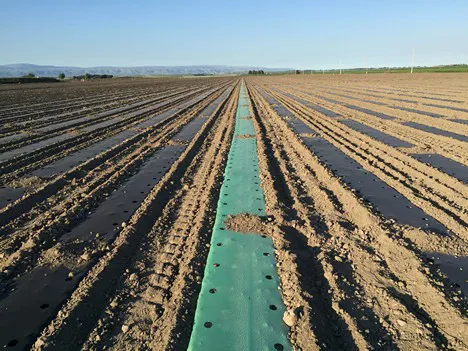
It is clear that the greater or lesser capacity of favoring work in the fields depends on the technological content of a film. Let us see what are the main innovations introduced by Agriplast.
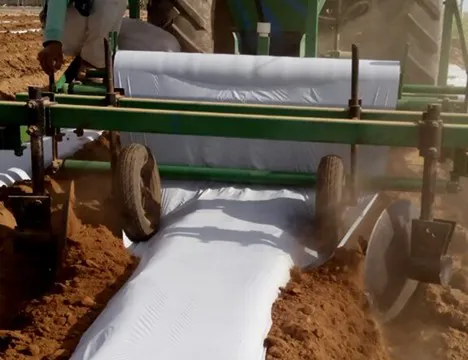
"Over the past few years, mulching films developed in different directions. Agriplast supported a great effort in terms of research and development towards biodegradable mulching films. These are plastic films that, left on the ground, degrade thanks to humidity and microbial activity. This way, the problem of disposal is solved and there are no disposal costs."
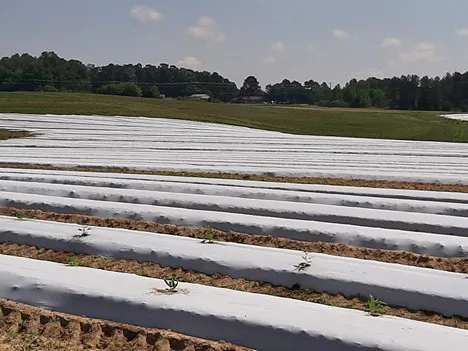
"Another innovation concerns sustainability. There are TIFs (totally waterproof films) that enable fumigation thus reducing the quantity of fumigants needed with a great advantage for the environment and product health."
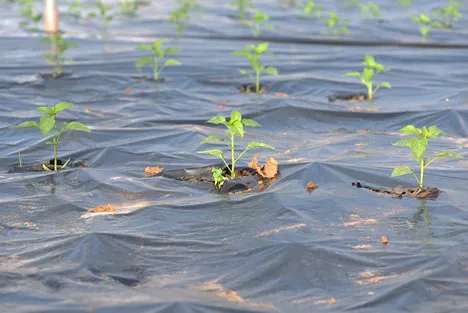
EcoTif and EcoPic (patented films) are part of the TIF range. These films work both as TIFs and mulching films: this way, the quantity of fumigants is reduced but it is also possible to avoid the application of two different films thus reducing labor costs."
Contacts:
Agriplast SPA 
Via Filippo Bonetta 35
97109 - Vittoria (RG) - Italy
Tel.: +39 0932 997211
Email: enrico.garrasi@agriplast.com
Website: www.agriplast.com
